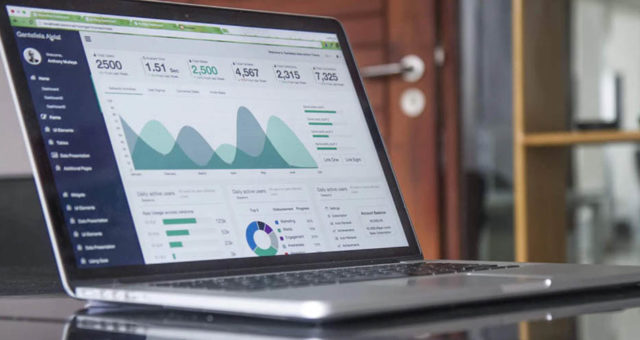
4 Tips To Better Manage Fluctuating Business Income
There is no doubt that being a successful businessman is the epitome of the American Dream. But, running your own business requires a lot of expertise in a lot of business areas. Doubtlessly, one of the most important aspects of becoming a successful businessman is having your own finances in order; after all, if you have no money you have no business.
Businesses especially small businesses are notorious for fluctuating income and the irregular cash flow can make or break your business. So it is essential that you should be prepared. If you set up a budget in anticipation of an irregular income your business will inevitably fare much better and have a greater chance of financial success. Here are four tips to keep you on track and ensure your business is prepared for fluctuating income.
Calculate your bare-bones budget
First things first. The very first thing you should do before creating a budget on a fluctuating income is your baseline- a.k.a. (bare bones budget) . Above everything else you need to calculate your essential minimum expenses you need to cover on a monthly basis. You should make sure you know how much you need for fixed expenses like your rent or mortgage, internet access, insurance and transportation, and other essential costs. You should make sure to set that amount aside as these expenses are vital to keeping you in business. Besides this, you should also include retirement, savings, and debt payments. These may not be required but they are still important.
Separate your business and personal finances
Any accountant will advise you to maintain a separate account for your personal expenses (savings and checking) and business finances. According to Peter Anderson, Bible Money Matters this will not only give your business more credibility and a sense of legitimacy but will also in some cases help reduce your personal liability if something negative happens down the road. It will also help you to be more organized when it comes to managing your bills, paying your taxes and other payments.
According to David Weliver, Publisher MoneyUnder30.com., not only do separate accounts make tax-time easier but are essential if you want to sell your business or you face bankruptcy or litigation. In the worst case intermingling your business and personal accounts can nullify the protections offered by your business structure.
Draw a reasonable salary
Having a fluctuating income can be stressful. That is why the budget is very important. Once your business account is set up make a habit of drawing funds from it on a scheduled basis like once a week or twice a month and transfer it into your checking account to pay your personal bills. The amount you draw should be based on your household budget, but a good rule of the thumb is to calculate the minimum amount you will need to pay off your personal expenses and other non-business expenses like health insurance, vacations, and other expenditure. Try to maintain a consistent scheduled salary amount which will help avoid the temptations to be frivolous when times are more prosperous. This strategy can help you save money and when times are more prosperous the surplus income should theoretically start piling up in your savings account. If your money is still draining instead, you should drastically rethink your bare-bones budget as you are spending more than you are earning. It is as simple as that.
Build an emergency fund
Since many business owners need to deal with irregular income, it is important to set aside money in your savings account (not your personal checking account) to make sure that you have funds you can draw from to tide you over and elevate stress in the leaner months.
Most experts suggest that you should keep three to six months of expenses on hand. Unfortunately it can be difficult to build savings when you have none. To come up with a plan you can consider automatically socking away a certain percentage of your paycheck every week or once a month by selling stuff you do not need and allocating all “found money”(like tax-refund or landing a windfall client) straight into your savings account. You will not understand why this is so important in a minute, but it is sufficient to say that the key to living stress-free on a fluctuating income is having sufficient savings. When bad months come along your savings will be there to fill in the gaps and keep you on track.
In summary- It will not be picture-perfect the first time. It may take some time to gain insight into your expenses, understand your income target and draw a salary accordingly to make your finances more sustainable. But, do not stress and do not give up. Keep your eyes on the prize and learn from your mistakes as you go along.

